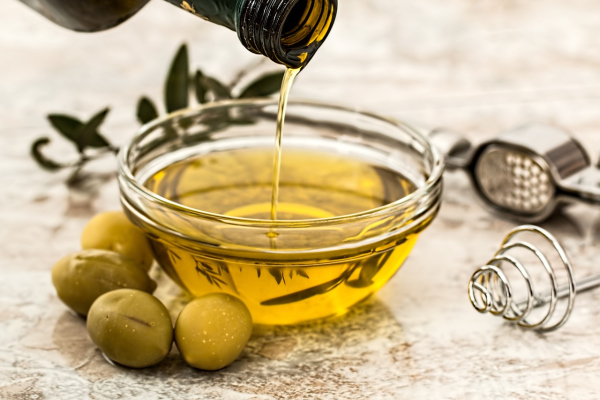 |
The Finest Harvest in Every Bottle:PDO/DOP Certified Extra Virgin Olive Oils |
 |
The Finest Harvest in Every Bottle:PDO/DOP Certified Extra Virgin Olive Oils |

The Economic Impact of the Olive Oil IndustryGlobal ProductionThe olive oil industry is a significant economic sector in many countries, particularly in the Mediterranean region. Spain, Italy, and Greece are the largest producers of olive oil, with Spain leading the way in both production and export. Other notable producers include Turkey, Tunisia, and the United States, particularly California. The global production of olive oil is estimated to be around 3 million tons annually, with the majority being extra virgin olive oil (EVOO). Employment and TradeThe olive oil industry provides employment to millions of people globally, from olive cultivation to oil production and distribution. In the Mediterranean region, olive farming is a major source of income for rural communities. The industry also supports related sectors such as tourism, with olive oil tastings and tours attracting visitors to olive-growing regions. Olive oil is a key export product for many countries, contributing significantly to their economies and trade balances. Market TrendsThe demand for high-quality EVOO has been increasing, driven by growing awareness of its health benefits and culinary uses. This trend is influencing global market dynamics and trade patterns. Consumers are becoming more discerning, seeking out authentic, high-quality oils with specific flavor profiles and production methods. This shift towards premium products has led to increased investment in quality control and certification processes, ensuring that consumers receive genuine EVOO. Challenges and OpportunitiesThe olive oil industry faces several challenges, including climate change, market competition, and economic volatility. Climate change impacts olive cultivation, with extreme weather events affecting crop yields and quality. Market competition from other vegetable oils and economic fluctuations can also pose challenges for producers. However, there are opportunities for growth through innovation, diversification, and sustainability. Embracing sustainable farming practices, developing new products, and expanding into emerging markets can help the industry thrive. Sustainable PracticesSustainability is becoming increasingly important in the olive oil industry. Producers are adopting sustainable farming methods to reduce their environmental impact and improve the quality of their oils. Organic farming, water conservation, and biodiversity preservation are some of the practices being implemented. Sustainable production not only benefits the environment but also appeals to environmentally conscious consumers, adding value to the product. Expert InsightsEconomist Dr. Alex Green notes, "The olive oil industry plays a crucial role in the economies of many countries, providing jobs and contributing to export revenues. Embracing sustainable practices and focusing on quality can help the industry navigate challenges and seize new opportunities." Consumer TrendsConsumers are increasingly looking for transparency and authenticity in their food products. This trend is driving demand for certified and traceable EVOO, with consumers willing to pay a premium for high-quality oils. The rise of e-commerce and digital marketing is also changing the way consumers purchase olive oil, with online sales and direct-to-consumer models gaining popularity. Producers are leveraging these trends to connect with consumers and build brand loyalty. Explore the history of olive oil in our article on The History and Origin of Extra Virgin Olive Oil. Learn about sustainable farming practices in The Environmental Impact of Olive Oil Production and discover the different olive varieties in Exploring Different Olive Varieties Used in Extra Virgin Olive Oil. |
Disclaimer: Some articles on this site mention various health benefits of extra virgin olive oils. Some of the benefits have been researched and some are from individual's personal experiences. In any case, these articles are not intended to act as a medical reference. If you are using, or are considering using olive oil for specific health related issues, you are advised to speak with your health care provider for advice pertaining to your situation. These articles are for educational purposes only.